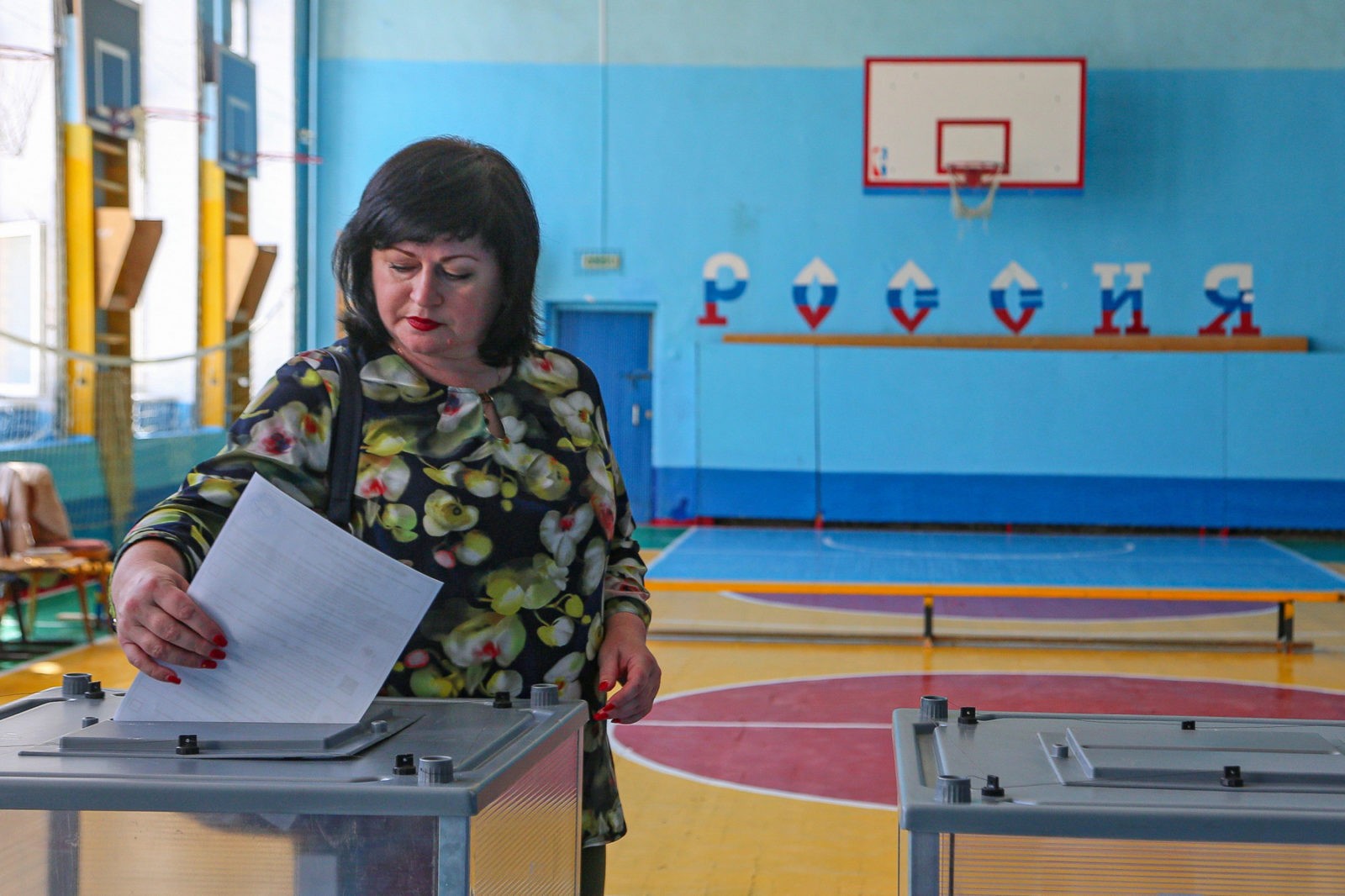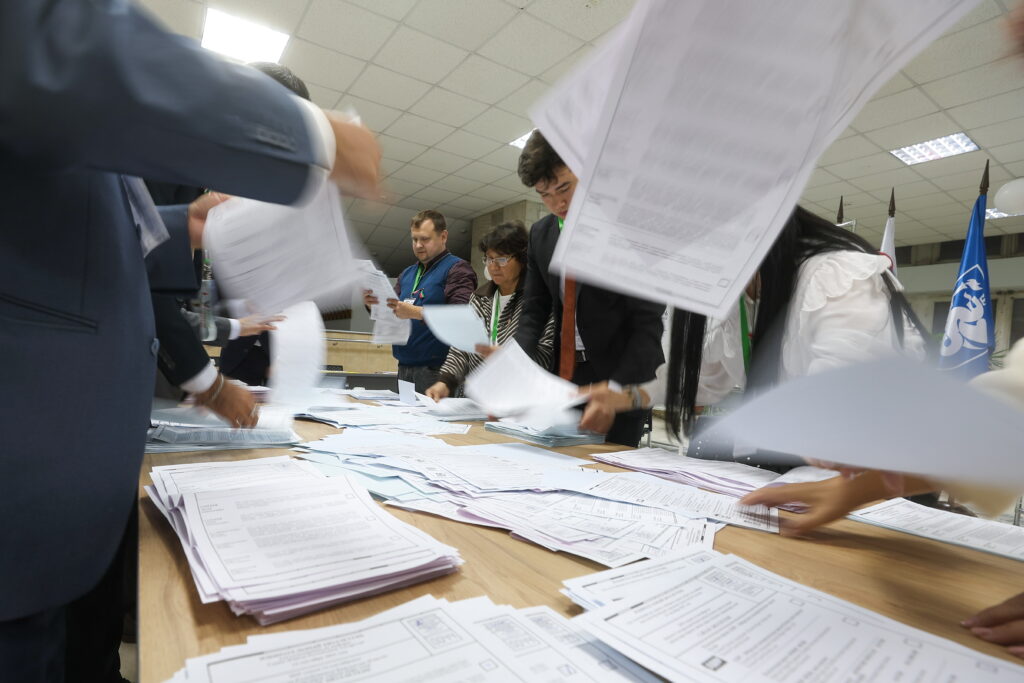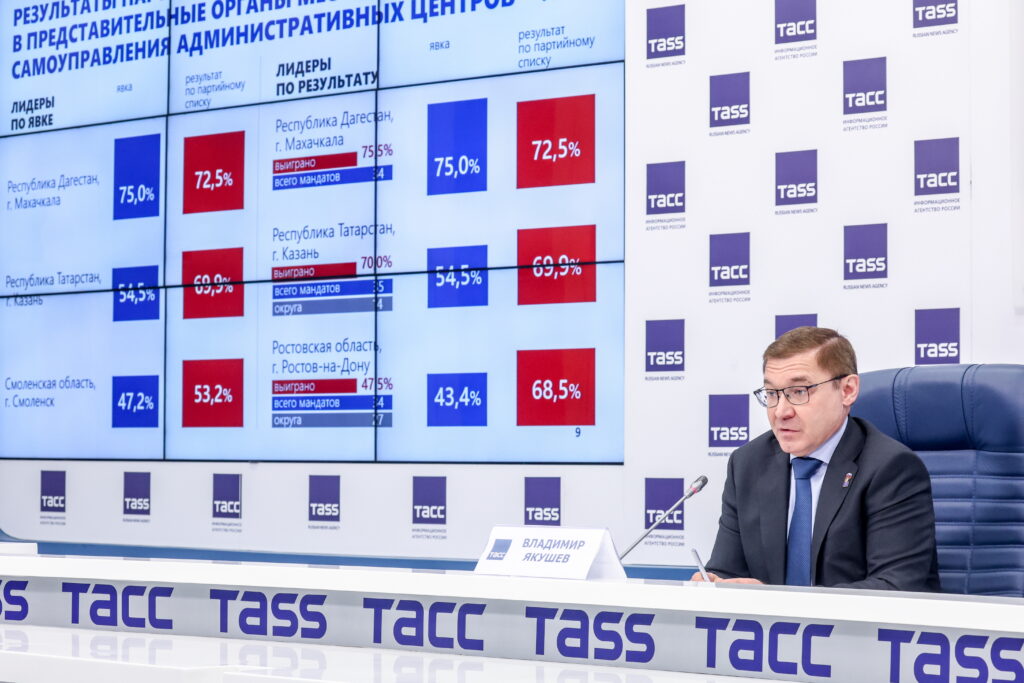Democracy or expert-ocracy: what is better for effective governance? Since the time of Plato and Aristotle, this question has remained debatable and still stirs up controversy among politicians and scholars alike. In modern Russia, this debate periodically escalates. The Russian authorities have cancelled direct elections on multiple occasions: in 2004, the gubernatorial elections were cancelled; several years later similar processes at the level of municipalities began. In 2012, direct elections of heads of regions were restored (although with a significant limitation in the form of a «municipal filter»). But on the local level, according to the Ministry of Justice, only 11% of current city mayors cities have come to their posts through the procedure of universal suffrage.
It is not easy these days to declare a rejection of elections, even for the most powerful dictators. Therefore, they prefer to manipulate electoral processes rather than reject them outright. Any attempt to cancel direct elections is hotly debated and requires support from political elites at all levels of the power hierarchy. Without that, it would be difficult to convince the public about the fairness of the existing order and to maintain people’s trust in the authorities.
But why do some groups of political elites agree to dismantle democracy and cancel direct elections, while others continue to insist on preserving the democratic system and resist top-down reforms? To answer this question, we conducted research interviews with local elites of the Perm Krai in cities and towns such as Perm, Berezniki, Gubakha, Kungur, Kudymkar, Lysva and Solikamsk, and we also interviewed politicians in Bolshaya Sosnova, Kungur, and Cherdyn municipal districts. The sample included 36 local MPs, as well as 9 former and current mayors (a total of 45 respondents).
Values or interests?
We are not the first ones to ask about the reasons behind politicians’ varying attitudes towards democracy and elections. There are two answers to this question in political science: social and political. Proponents of the social approach believe that both politicians and most ordinary people attach importance to historical heritage and personal experience. Upbringing in the family, cultural norms, education and personal political experience are the factors that shape our values, which are essential when choosing a political ideal.
In turn, proponents of the political approach believe that elites are different from other people because they hold status positions, which makes a difference. As soon as a person becomes a member of the political elite, what plays a greater role is not the previous experience and values but the task of maintaining their position in power. In such a situation, people can change their political preferences depending on whether it will bode benefits or costs. If the cancellation of direct elections increases the risks to one’s own political survival, people will support democracy. Yet if criticism of the cancellation of direct elections entails a risk of losing a post, politicians will forget their previous ideals and become staunch supporters of expertocracy or another form of autocracy.
The Perm experience
If we follow the logic of the social approach, all successful participants in the electoral struggle should consider this experience as a key achievement. Politicians who have undergone a whirl of electoral competition should appreciate and protect direct elections. Surprisingly, our data have completely disproved this claim. None of the former or current mayors supported the idea to return to direct elections. Regardless of their electoral victories, they are rather sceptical about elections in general. The reason lies in dishonesty and unfairness of electoral procedures. Mayors would typically characterise their experience of participating in elections as follows: «Practice has shown that elections are a farce. People’s votes are simply bought, with expired products. And that’s how candidates get elected. So I definitely believe that the mayor should be appointed… After all, who mostly bothers to go to the elections? Young people and old folks. Who is easier to buy? Young people and old folks!» (Former mayor of the Perm Krai).
Opinions are less homogenous among the deputies of zemstvo and city assemblies. This is another argument in favour of the claim that a successful experience of electoral struggle has no significant impact on politicians’ pro-democratic attitudes: all elected deputies have similar experience; but their attitudes towards direct elections vary significantly.
To check the alternative explanation (the political approach), we divided all the interviewed politicians into supporters and opponents of the incumbent mayor of municipality. Our assumption was that the opponents of the mayor should advocate a return to direct elections because it increases their chances of changing the people in power in the municipality. On the contrary, proponents of the current mayor should favour the idea to maintain the status quo. The distribution of respondents by their status (supporters or opponents of the current mayor) and attitude towards direct elections is presented in the table below.
Distribution of respondents by their political attitudes and status
| Direct elections | |||
| Against | For | ||
| Status | Supporters | 18 | 0 |
| Opponents | 2 | 25 | |
As can be seen from the table, all supporters of the incumbent head of municipality (18 respondents) are against restoring direct elections. The opposite situation can be observed among his opponents. Almost all respondents (25 out of 27) are in favour of returning to direct elections and criticise the fact that such elections have been cancelled.
Conclusions
The presented data reflect the fact that successful experience of electoral struggle is not an essential factor that shapes politicians’ pro-democratic attitudes. Rather, the choice of a specific political ideal is determined by politicians’ current political interests. Representatives of the opposition are in favour of returning to direct elections not because they are «natural born democrats». The new rules of the game prevent the appointment of «their own man» as head of the municipality, while a return to direct elections is a chance to amend the situation. In turn, supporters of expertocracy are not knowingly authoritarian individuals who have been «infected» with the incurable virus of dictatorship. It is quite likely that if the governor is replaced and a new head of the municipality takes office, which means that the current loyalists will fall into disgrace and lose their status positions, their interests will immediately change. Former loyalists will suddenly become oppositionists, swapping places with their opponents. And then they will raise the banner of democracy and demand a return to direct elections.
Political scientists have long argued that democracy is not the fruit of proper education and not a long-term process of civic values maturing in societies but, rather, a product of political struggle. In the cycle of political battles, there may come a time when, given the balance of interests between groups of opposing elites, democracy will become the most optimal choice for all. A democratic choice is not an ethical but a rational choice for the elites. The political experience of the cities and municipalities of the Perm Krai only serves as another illustration to confirm it.










